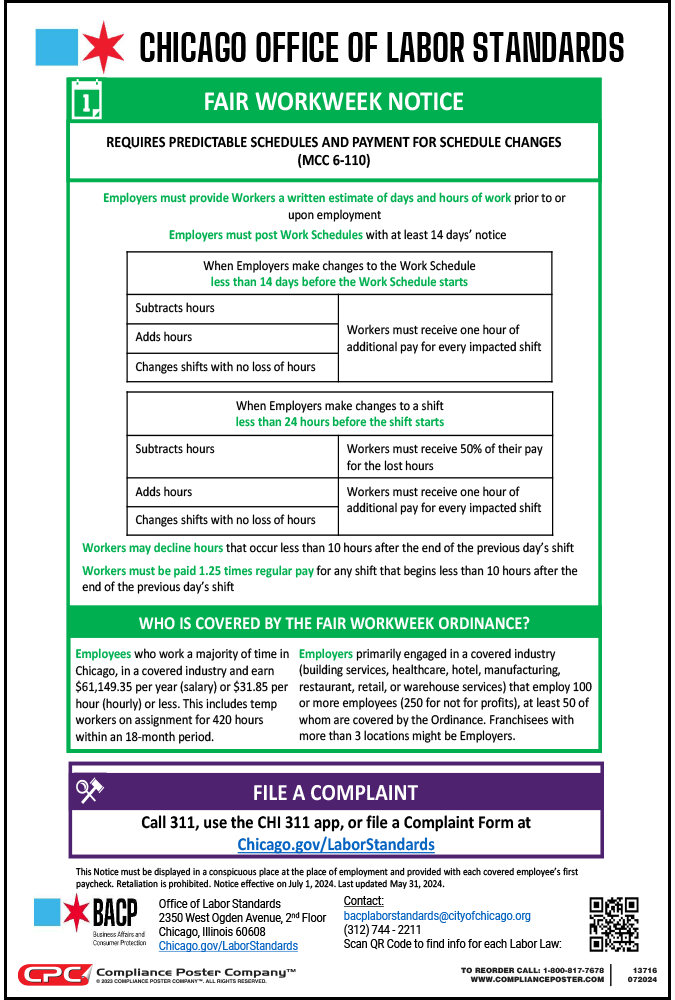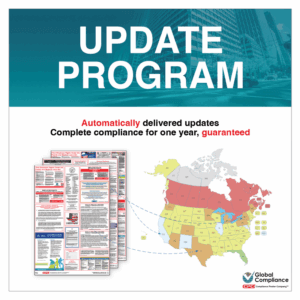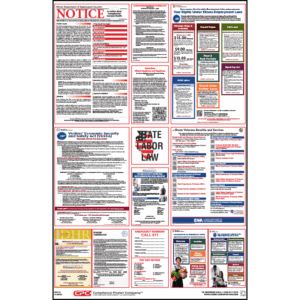You may also like…
What is the Chicago Fair Workweek Law about?
Chicago’s Fair Workweek Ordinance (MCC 6-110) guarantees that many employees in specific industries receive predictable work schedules and have rights when their employers make changes to their work schedules. The law ensures employer scheduling practices do not unreasonably prevent workers from attending to their families, health, education and other obligations. The Chicago Fair Workweek Poster describes employees’ rights under the law, including the:
- Right to decline unscheduled hours
- Right to predictability pay
- Right to decline hours on short notice
- Right to an initial estimate of the employee’s work schedule, including the days and hours of work, prior to or upon commencement of employment
- Right to initiate a civil action or file a complaint against an employer for violations of the law
Who is covered by the Chicago Fair Workweek law?
The law applies employees who:
- work a majority of their time in Chicago
- work in a “covered industry” (building services, healthcare, hotels, manufacturing, restaurants, retail, and warehouse services), and
- in 2022, earn $56,381.85 per year (salary) or $29.35 per hour (hourly) or less
- and includes temp workers who have been on assignment to the employer for 420 hours within an 18-month period
The law covers employers engaged in a covered industry:
- who employ 100 or more employees globally (250 for non-profits), at least 50 of whom are covered employees
- franchisees of a restaurant chain with at least 30 locations and at least 250 employees worldwide who own at least four locations in Chicago
Poster Details
Employers must provide an initial estimate of the employee’s schedule upon employment.
Employers must post changes to the work schedule with at least 14 days’ notice.
When an employer makes schedule changes less than 14 days before the work schedule is set to begin, the employee must be paid for schedule changes in an amount not less than:
- Subtracted hours – one hour of additional pay for every impacted shift
- Added hours – one hour of additional pay for every impacted shift
- Shift changes with no loss of hours – one hour of additional pay for every impacted shift
When an employer makes schedule changes less than 24 hours before the work schedule is set to begin, the employee must be paid for schedule changes in an amount not less than:
- Subtracted hours – 50% of pay for the lost hours
- Added hours – one hour of additional pay for every impacted shift
- Shift changes with no loss of hours – one hour of additional pay for every impacted shift
Workers may decline hours that occur less than 10 hours after the previous days’ shift.
Workers must be paid 1.25 times their base for any shift that begins less than 10 hours after the previous days’ shift.
Notice and posting
- The law requires employers to post in a conspicuous place at each facility where a covered employee works within the geographic boundaries of the City, the Chicago Department of Business Affairs and Consumer Protection’s Fair Workweek notice informing employees of their rights under the law. Employers may provide the notice by paper posting or by intranet dissemination to employees.
- Employers must provide, with the first paycheck following July 1 of every year, the Department’s notice of employees’ rights under the law.
- Employers are subject to a fine of not less than $300 and not more than $500 for violations of the law or promulgated regulations.




